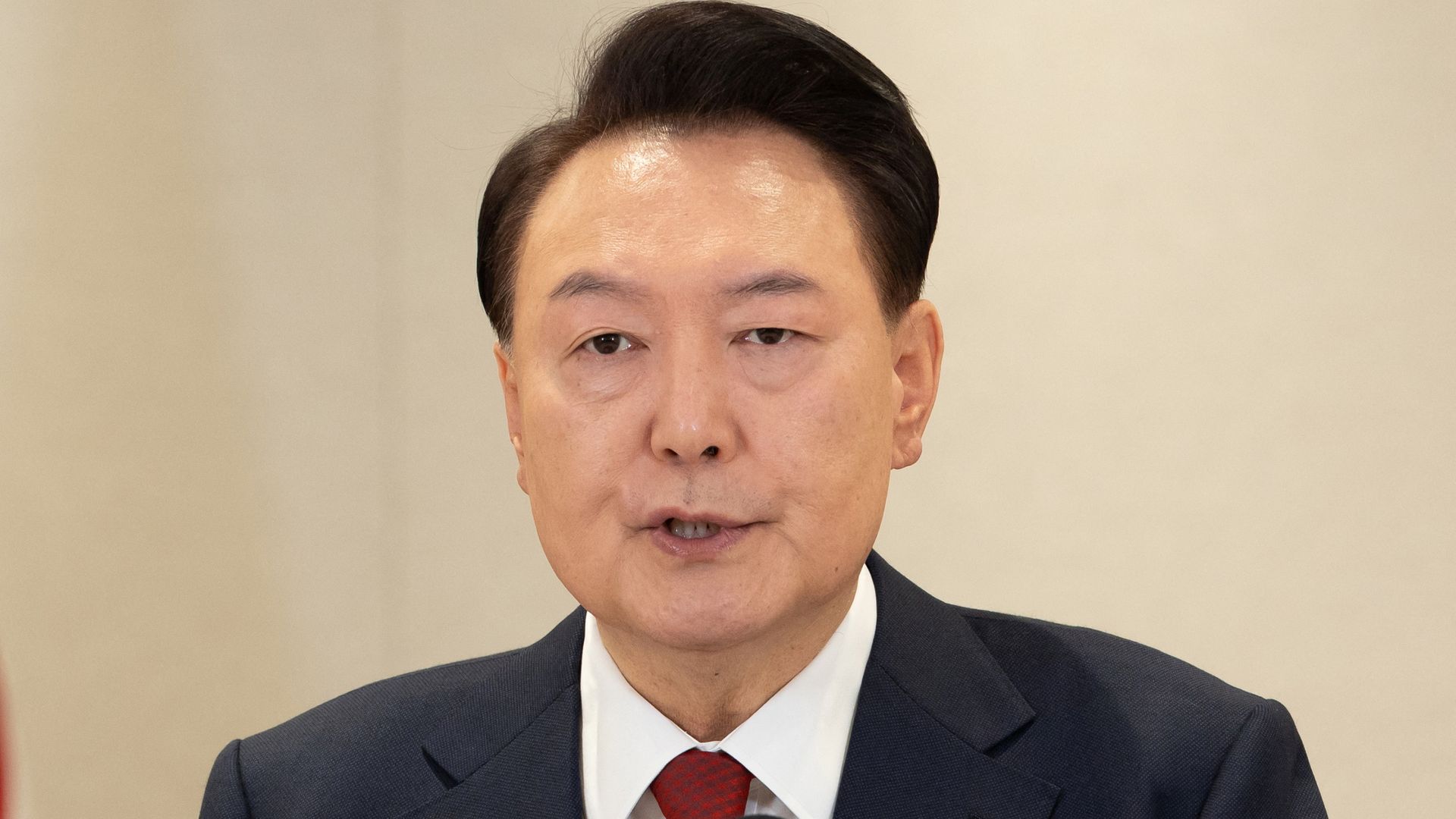
WASHINGTON (AP) — The Justice Department filed a sweeping antitrust lawsuit against Ticketmaster and parent company Live Nation Entertainment on Thursday, accusing them of running an illegal monopoly over live events in America — squelching competition and driving up prices for fans.
The lawsuit, filed in federal court in Manhattan, was brought with 30 state and district attorneys general and seeks to break up the monopoly they say is squeezing out smaller promoters, hurting artists and drowning fans with endless fees.
“It’s time for fans and artists to stop paying the price for Live Nation’s monopoly,” Attorney General Merrick Garland said Thursday. “It is time to restore competition and innovation in the entertainment industry. It is time to break up Live Nation, Ticketmaster. The American people are ready for it.”
The Justice Department accused Live Nation of a slew of tactics — including threats and retaliation — that Garland said has allowed the entertainment giant to “suffocate the competition” by keeping a stronghold on virtually every aspect of the industry, from concert promotion to ticketing. The impact on consumers is seen in an “endless list of fees on fans,” the attorney general said.
“Live music should not be available only to those who can afford to pay the Ticketmaster tax,” said Assistant Attorney General Jonathan Kanter of the Justice Department’s Antitrust Division. “We are here today to fight for competition so that we can reopen the doors to the live music industry for all.”
Live Nation has for years denied that it is violating antitrust laws and said Thursday that the lawsuit “won’t solve the issues fans care about relating to ticket prices, service fees, and access to in-demand shows.”
“Calling Ticketmaster a monopoly may be a PR win for the DOJ in the short term, but it will lose in court because it ignores the basic economics of live entertainment,” Live Nation added — stating that most service fees go to venues and that outside competition has ”steadily eroded” Ticketmaster’s market share. The company said it would defend itself “against these baseless allegations” and push for other reforms.
The Justice Department said Live Nation’s anti-competitive practices include using long-term contracts to keep venues from choosing rival ticketers, blocking venues from using multiple ticket sellers and threatening venues that they could lose money and fans if they don’t choose Ticketmaster. The Justice Department says Live Nation also threatened to retaliate against one firm if it didn’t stop a subsidiary from competing for artist promotion contracts.
The lawsuit is the latest example of the Biden administration’s aggressive antitrust enforcement approach targeting companies accused of engaging in illegal monopolies that box out competitors and drive up prices. In March, the Justice Department filed a lawsuit against Apple alleging that the tech giant has monopoly power in the smartphone market. The Democratic administration has also taken on Google, Amazon and other tech giants.
Ticketmaster, which merged with Live Nation in 2010, is the world’s largest ticket seller. During its annual report last month, the company said that Ticketmaster distributed more than 620 million tickets through its systems in 2023.
Around 70% of tickets for major concert venues in the U.S. are sold through Ticketmaster, according to data in a federal lawsuit filed by consumers in 2022. The company owns or controls more than 265 of North America’s concert venues and dozens of top amphitheaters, according to the Justice Department.
The ticket seller sparked outrage in November 2022 when its site crashed during a presale event for a Taylor Swift stadium tour. The company said its site was overwhelmed by both fans and attacks from bots, which were posing as consumers to scoop up tickets and sell them on secondary sites. The debacle prompted congressional hearings and bills in state legislatures aimed at better protecting consumers.
The Justice Department allowed Live Nation and Ticketmaster to merge as long as Live Nation agreed not to retaliate against concert venues for using other ticket companies for 10 years. In 2019, the department investigated and found that Live Nation had “repeatedly” violated that agreement and extended the prohibition on retaliating against concert venues to 2025.
Ticketmaster has clashed repeatedly with artists and fans over the years. Pearl Jam took aim at the company in 1994, although the Justice Department ultimately declined to bring a case. More recently, Bruce Springsteen fans were enraged over high ticket costs because of the platform’s dynamic pricing system.
Ticketmaster has also had disputes with its industry competitors. In 2015 StubHub sued Ticketmaster and the Golden State Warriors, alleging it unfairly required fans looking to resell tickets to use Ticketmaster’s resale exchange. StubHub alleged in the lawsuit that the organizations prevented fans from deciding how they want to resell tickets and artificially drove up ticket prices.
__________
Grantham-Philips reported from New York. AP Reporters Michelle Chapman and Maria Sherman also contributed from New York.








